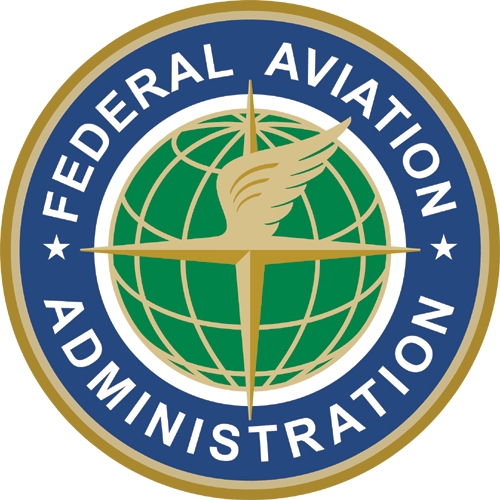 WASHINGTON, D.C. – The Federal Aviation Administration (FAA) today issued its interim policy on residential through-the-fence (RTTF) access agreements at federally-funded airports.
WASHINGTON, D.C. – The Federal Aviation Administration (FAA) today issued its interim policy on residential through-the-fence (RTTF) access agreements at federally-funded airports.
The policy outlines the requirements that airport sponsors must follow if they wish to continue RTTF agreements at federally-funded airports. These agreements allow people who own residential property with aircraft storage facilities near an airport to access the airport from off-airport property. These properties are sometimes known as “hangar homes.”
The interim policy requires airport sponsors with existing agreements to develop an airport access plan that outlines how the airport will meet its obligations to operate as a public-use airport. The plan must detail how the airport sponsor meets standards for control of the airport, safety of operations, self-sustainability, and nondiscriminatory airport rates.
The policy also amends one of the conditions of federal funding, called grant assurances, to prohibit new RTTF access to a federally-funded airport.
RTTF agreements that are not consistent with the FAA’s new policy may introduce safety risks by creating direct access to runways or taxiways, impede a sponsor’s ability to collect appropriate fees, or limit the airport’s ability to address future growth. RTTF agreements also may restrict airport access for all general aviation pilots because of noise concerns and hours of operations since residences are nearby. The FAA has no objections to these agreements at privately owned airports, if they do not receive federal funds.
This interim policy is effective immediately. The FAA will conduct another policy review in 2014. To view the interim policy, go to: Airport Improvement Program (AIP): Interim Policy Regarding Access to Airports From Residential Property.
